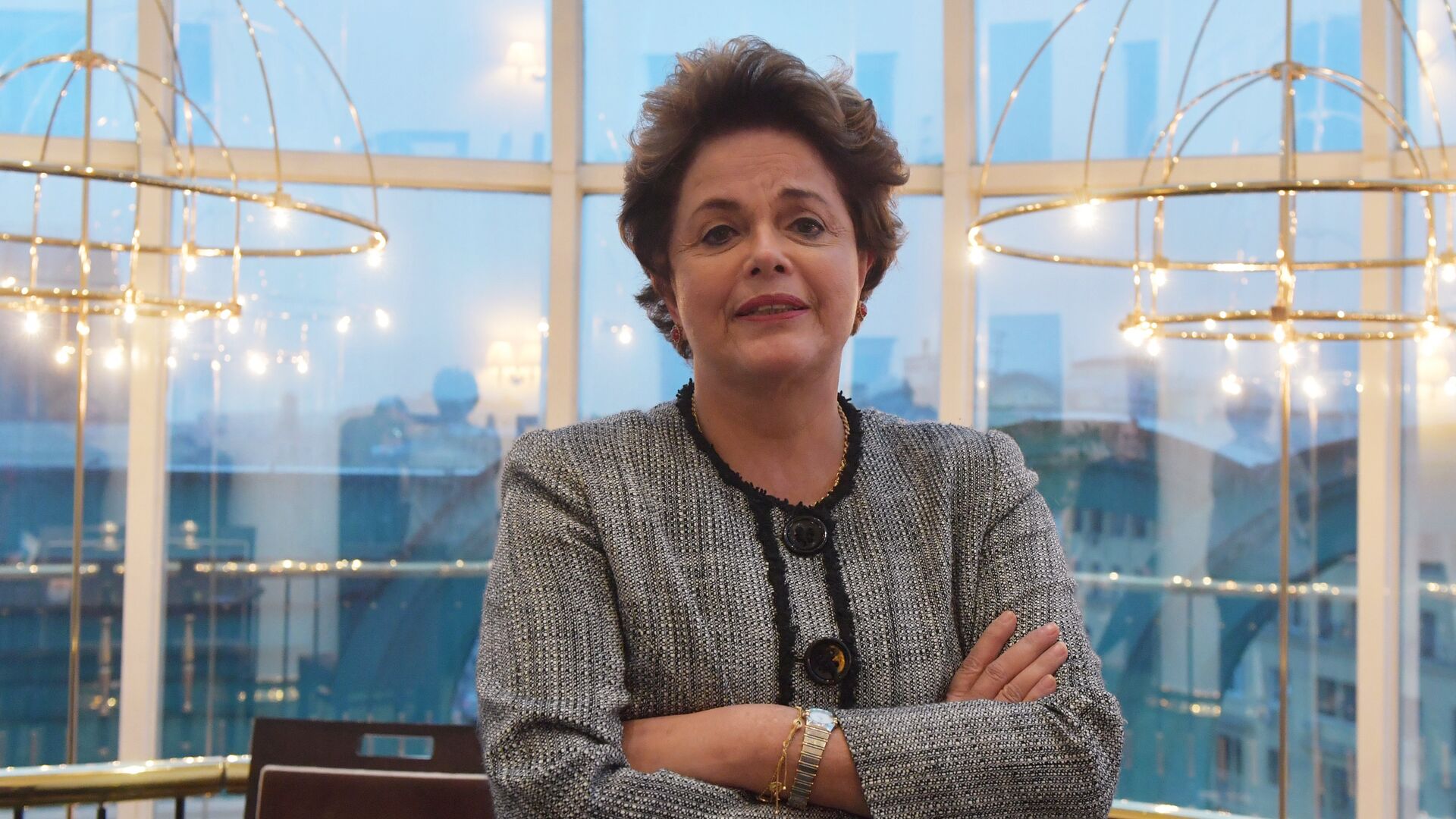https://en.sputniknews.africa/20240830/brics-bank-anticipates-greater-utilization-of-local-currencies-ndb-chief-says--1068068173.html
BRICS Bank Anticipates Greater Utilization of Local Currencies, NDB Chief Says
BRICS Bank Anticipates Greater Utilization of Local Currencies, NDB Chief Says
Sputnik Africa
The New Development Bank was established by BRICS countries at their VI Summit in Brazil in 2014. Its members are eight countries: Bangladesh, Brazil, Egypt... 30.08.2024, Sputnik Africa
2024-08-30T14:31+0200
2024-08-30T14:31+0200
2025-03-24T09:02+0100
international
brics
new development bank (ndb)
bank
banking
brazil
bangladesh
egypt
currency
alternative currency
https://cdn1.img.sputniknews.africa/img/103335/67/1033356729_0:0:4394:2472_1920x0_80_0_0_95805ed5a7658d345b42a38de8f54b37.jpg
The New Development Bank (NDB), established by the BRICS countries, is focusing on increasing the use of local currencies to ensure sustainable development of the global economy, according to its president, Dilma Rousseff, at the opening of the NDB Board of Governors' plenary session.She pointed out that the US dollar often destabilizes financial markets in developing countries. Therefore, the NDB is prioritizing the increased use of local currencies, with a decision that up to 30% of the bank's total financing will be in local currencies.Rousseff noted that the NDB is currently exploring the potential for developing digital platforms to facilitate mutual settlements between different nations. She highlighted the importance of boosting the use of local currencies to enhance the resilience of developing countries and promote stability in the global financial market. The bank's president emphasized the immediate need for adjustments to increase the resilience of the global financial market and ensure that it is in line with the steady growth of the global economy. Rousseff also underlined the importance of reducing the debt levels of developing countries and channeling funds into building new industrial bases, scientific research, and innovation.She said that the NDB has the potential to make a substantial impact in tackling these challenges.
brazil
bangladesh
egypt
Sputnik Africa
feedback@sputniknews.com
+74956456601
MIA „Rossiya Segodnya“
2024
News
en_EN
Sputnik Africa
feedback@sputniknews.com
+74956456601
MIA „Rossiya Segodnya“
Sputnik Africa
feedback@sputniknews.com
+74956456601
MIA „Rossiya Segodnya“
international, brics, new development bank (ndb), bank, banking, brazil, bangladesh, egypt, currency, alternative currency, digital technology , sovereignty, innovation, finance, local currency, dilma rousseff
international, brics, new development bank (ndb), bank, banking, brazil, bangladesh, egypt, currency, alternative currency, digital technology , sovereignty, innovation, finance, local currency, dilma rousseff
BRICS Bank Anticipates Greater Utilization of Local Currencies, NDB Chief Says
14:31 30.08.2024 (Updated: 09:02 24.03.2025) The New Development Bank was established by BRICS countries at their VI Summit in Brazil in 2014. Its members are eight countries: Bangladesh, Brazil, Egypt, India, China, UAE, Russia, and South Africa. The bank aims to finance infrastructure and sustainable development projects in BRICS and developing nations. It has a capital of $100 billion.
The New Development Bank (NDB), established by the BRICS countries, is focusing on increasing the use of local currencies to ensure sustainable development of the global economy, according to its president, Dilma Rousseff,
at the opening of the NDB Board of Governors' plenary session.
She pointed out that the US dollar often destabilizes financial markets in
developing countries. Therefore, the NDB is prioritizing the increased use of local currencies, with a decision that up to 30% of the bank's total financing will be in local currencies.
Rousseff noted that the NDB is currently exploring the potential for developing digital platforms to facilitate mutual settlements between different nations. She highlighted the importance of boosting the use of local currencies to enhance the resilience of developing countries and promote stability in the global financial market.
The bank's president emphasized the immediate need for adjustments to increase the resilience of the global financial market and ensure that it is in line with the steady growth of the global economy. Rousseff also underlined the importance of reducing the debt levels of developing countries and
channeling funds into building new industrial bases, scientific research, and innovation.
She said that the NDB has the potential to make a substantial impact in tackling these challenges.

